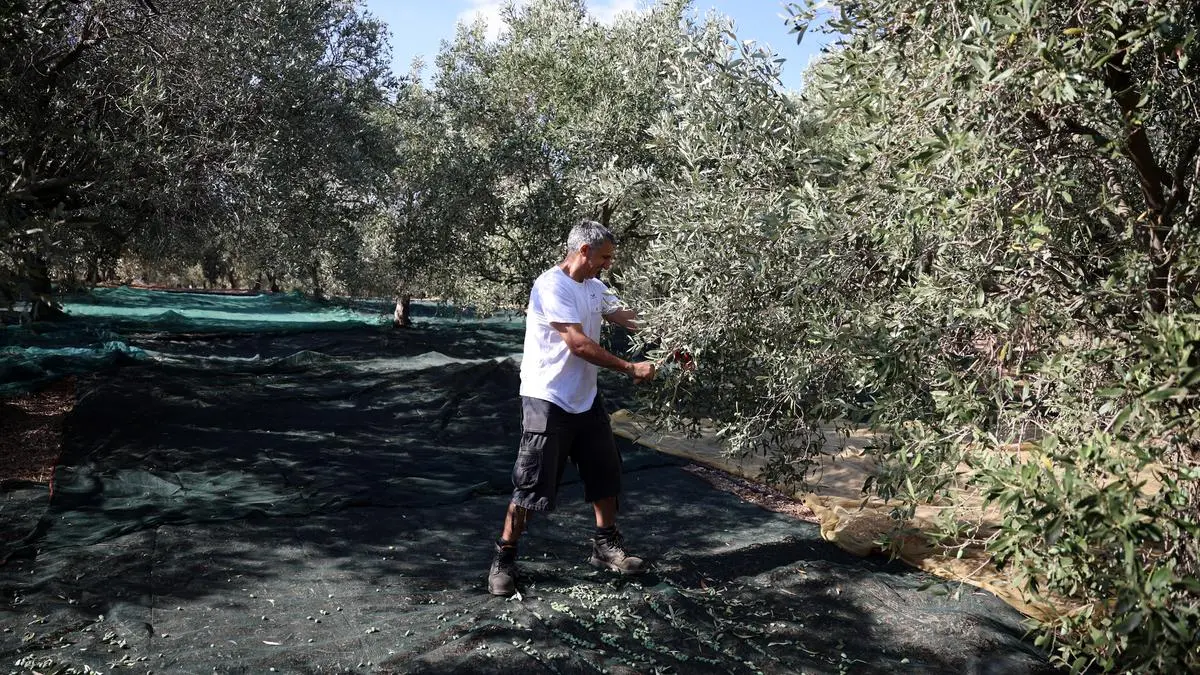By Bl Mangaluru Bureau
Copyright thehindubusinessline

A report by RaboResearch has said that the olive oil industry is facing the challenge of ensuring market stability amid growing climatic pressures.
Olive oil production has experienced significant volatility due to climate change, leading to dramatic fluctuations in prices. The recent rebound in production during the 2024-25 season has caused a sharp correction in prices, which have fallen from last year’s record highs, it said.
This instability in both production and prices is largely driven by unpredictable weather patterns in the Mediterranean, the region responsible for the majority of global olive oil production.
Spain’s smart recovery
The 2024-25 season saw a significant rebound in production, leading to a sharp correction in prices. Spain, the world’s largest producer, experienced a remarkable recovery, reaching approximately 1.4 million tonnes (mt) after two years of severe drought that had reduced output to below 1 mt.
Other Mediterranean countries such as Greece saw a 43 per cent growth in production compared to 2023-24, Portugal saw 21 per cent growth, Tunisia 55 per cent, and Turkey saw 109 per cent growth.
Vito Martielli, Senior Specialist Grain and Oilseeds for RaboResearch, said: “In Spain, which sets global prices, olive oil dropped to EUR3,200 per tonne in March 2025. In contrast, Italy’s locally-produced extra-virgin olive oil prices remain high, exceeding EUR9,000 per tonne, creating a record premium over Spanish prices.”
Stating that the decline in international prices has supported a recovery in global olive oil consumption, especially in traditional consumer countries in southern Europe, Martielli said Spanish prices have appreciated in recent months due to strong international demand and initial estimates for the 2025-26 campaign, which begins in October.
Long-term challenge
Responsible for approximately 95 per cent of global olive oil production, the Mediterranean basin is increasingly recognised as a climate change hotspot. The region is experiencing rising temperatures, water scarcity, greater climate variability, and more frequent extreme weather events such as droughts, floods and heatwaves. These factors contribute to unpredictable production outcomes. Martielli said the long-term challenge is not a decline in production but growing volatility. Climate variability leads to seasons with stronger yields and others with erratic weather and lower outputs, creating uncertainty around production and prices.
With similar climate trends affecting olive-producing regions across the Mediterranean, the olive oil industry faces the challenge of ensuring market stability amid growing climatic pressures, the report said.
Orchards must adapt to changing conditions, with irrigation as the primary adaptation measure. Access to fresh water is crucial for yield stability and long-term orchard viability. Strategies must be tailored to local conditions and include complementary measures like soil and canopy management, pest control, and using climate-resilient varieties, it said.
Downstream companies can mitigate risks by sourcing from diverse regions and hemispheres, partnering with growers to promote sustainable practices that enhance long-term orchard resilience, and reduce exposure to climate-driven supply shocks, it added.
Published on September 18, 2025



